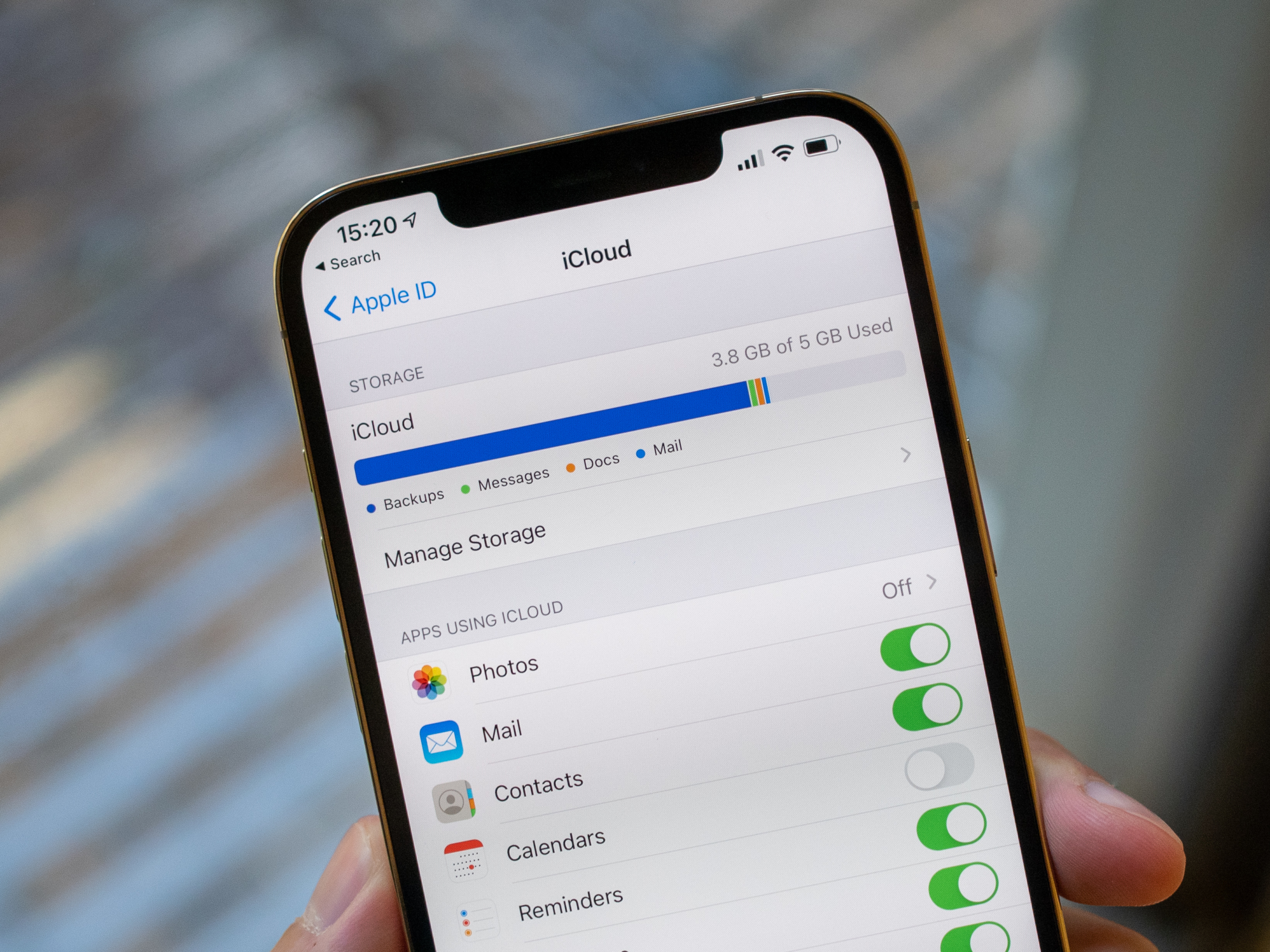Apple’s first-party iPhone apps aren’t necessarily the best. Apple Maps is getting better, but it’s still not quite as good as Google Maps. The Podcasts app is fine, but something like Pocket Casts is more powerful. The Mail app has its pros and cons, and first-party apps like Gmail or Outlook have more features.
But while third-party apps are usually technically better, they also don’t happen to come preinstalled with an iPhone — and that’s a powerful position for Apple to be in. And it’s one that I’ve succumbed to. In fact, if there’s a first-party iPhone app for something I need — whether it be music, podcasts, maps, or anything else — I use it. Turns out, I may be in the minority.
Here’s why I stick to Apple’s apps whenever possible.
It’s all about the ecosystem
Apple apps may not be quite as good as some third-party options, but it’s not always about whether or not the app itself works well — it’s about the ecosystem as a whole. Yes, the walled garden is real — and it’s pretty nice on the inside.
Apple seamlessly syncs data through iCloud for almost all of its apps, including Podcasts, Reminders, Notes, and more. This makes it easy to switch between iPhone, iPad, and Mac apps, without having to delve into the hellscape that is web apps. Sure, there are third-party options that offer apps for all of Apple’s platforms, but they don’t always sync as well as Apple’s apps do, and the result is an experience that simply isn’t as seamless. That’s not to say using first-party apps is always perfect — I regularly have to refresh my Podcasts to force them to sync, and the iPhone’s Mail app can have similar hang-ups. But they work far more often than they don’t.

There are other benefits to staying within the ecosystem. For example, Siri really only works well with Apple’s apps. Now, that should probably change — Google and Amazon both offer frameworks for developers to build Assistant or Alexa support into their apps and services, and it would be awesome if Apple did the same. But until that happens, if you want to use Siri, as imperfect as it is, you’re stuck with first-party apps.
Of course, because these apps all exist within an ecosystem that you’ve already bought into, using first-party apps can also be cheaper. There are some great to-do apps out there, but they’re generally not free. Now, you could argue that many of those apps offer functionality that’s close to the Reminders app for free, only forcing you to pay for extra features, but why tempt yourself in the first place? As someone who’s (very) susceptible to upsells, I’d rather steer clear.
I’d rather use Apple’s apps than be upsold on features and subscriptions elsewhere.
There is one way in which first-party Apple apps are better than most others, and that’s privacy. Privacy concerns are actually one of the main reasons I switched from Android to an iPhone for my daily driver. Call me naive, but I really do value having better control over my privacy, and I feel more secure in the knowledge that Apple’s business model isn’t built around collecting my personal information. Third-party apps can open up many privacy concerns, even on iOS.
I hate having extra apps
Some people don’t mind having pages and pages of rarely used apps on their home screen. I am not one of those people. The fewer apps, the better for me. I’m not immune to downloading apps — for example, I’m happy to download a game, Netflix, or whatever else if I know I’ll use it regularly — but if there were a first-party replacement for those things, I would use it instead.
Now, as mentioned, that’s not because they’re better, or even as good in all cases. But they are “good enough.” Not a very glowing recommendation, I know — but having cross-app communication and integration into Apple’s ecosystem, plus not having to download extra apps, is worth that trade-off for me.



